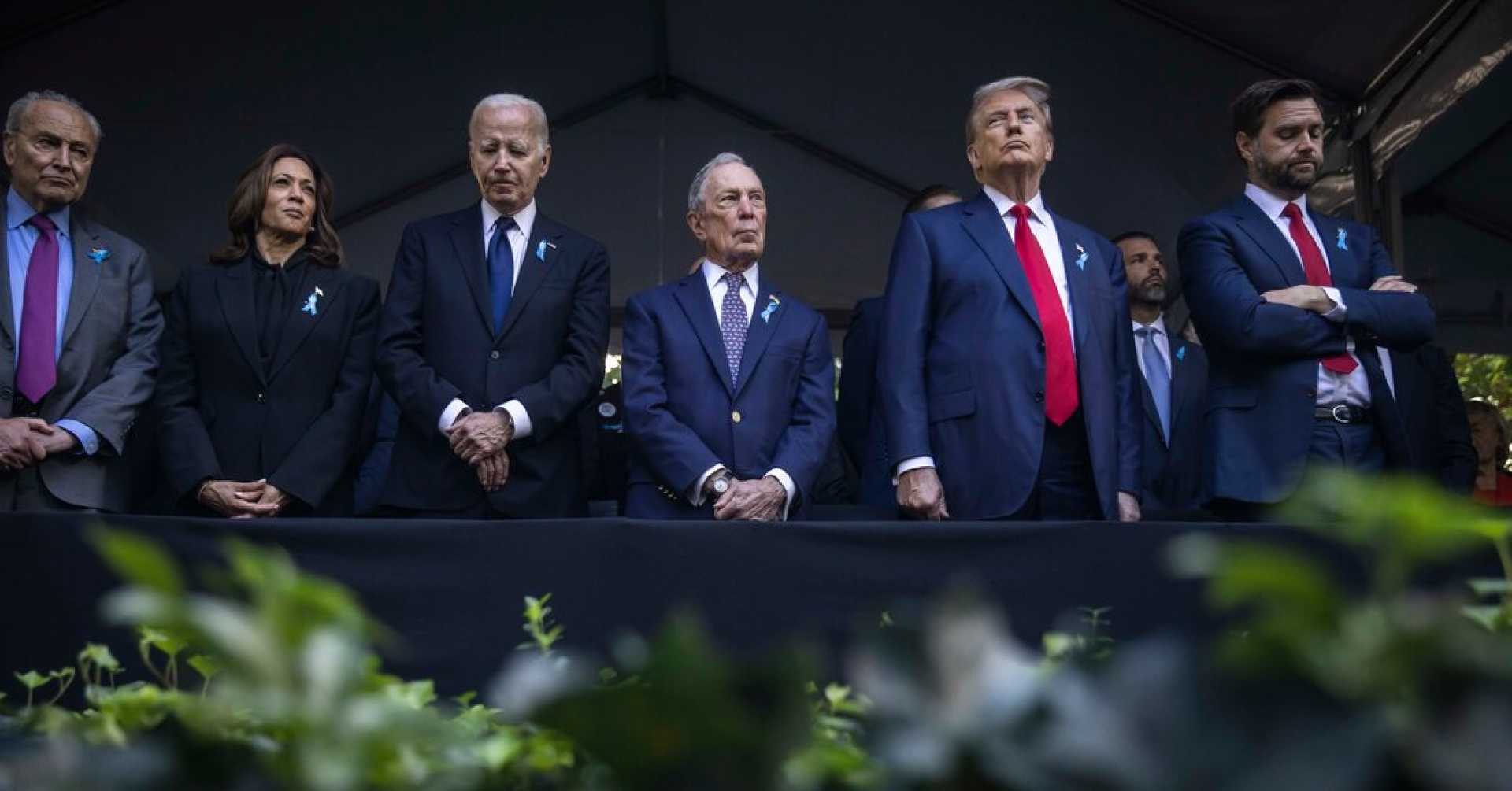Sports
Debate Over Presidents Cup Format: Calls for Gender Integration Grow

Golf enthusiasts and professionals from around the globe have engaged in an ongoing debate regarding the format of the Presidents Cup, with many calling for the integration of female players into the traditionally male-dominated event. The competition, established in 1994, has been largely dominated by the United States, winning every edition save for 1998 and a tied result in 2003. Suggestions to include women aim to create a more competitive and engaging event.
Lydia Ko, a notable New Zealand golfer who has recently achieved a milestone by entering the LPGA Hall of Fame, is among those at the center of this discussion. Despite her accolades, Ko finds herself sidelined from certain team events such as the Presidents Cup. In a twist, the idea of a co-ed competition was proposed by Stacy Lewis, a two-time U.S. captain, during the Solheim Cup. “It’s the perfect way to blend the two tours,” Lewis stated, noting the potential for the international team to strengthen considerably with the inclusion of top female players.
The potential for a mixed tournament raises questions about team rosters. Current rankings indicate that adding female players would profoundly bolster the International team, incorporating athletes who rank among the top in the world. This was echoed by Billy Horschel at the Grant Thornton Invitational, expressing enthusiasm for a format that involves both genders, calling it a “home run for golf.” Horschel emphasized the need for innovative thinking within golf’s governing bodies to materialize such changes.
The introduction of mixed teams could also impact the dynamics within the event. Stars like Nelly Korda and Scottie Scheffler are considered top players from the U.S. who could benefit from a mixed format, theoretically forming formidable pairs with their female counterparts. Such modifications could potentially attract a broader audience and commercial interest, although concerns about revenue sharing and reduced opportunities for male players persist.
Nevertheless, proponents argue that a more competitive and inclusive event aligns with the overall mission to globalize golf and increase its popularity. The idea of pairing elite players like Korda with Scheffler presents an opportunity that golf fans and industry leaders find increasingly hard to ignore.












